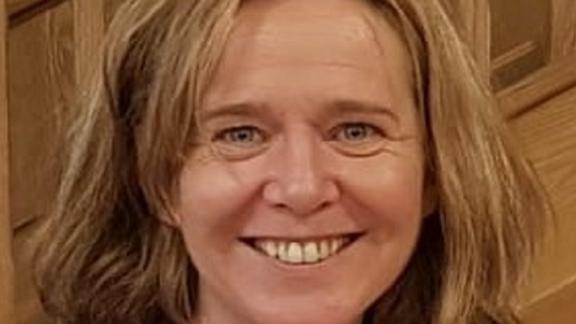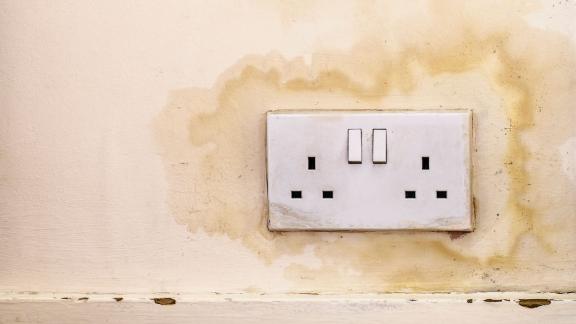NHS Reset: Can the COVID-19 pandemic lead to fairer health and care services? | Rachel Power

NHS Reset is an NHS Confederation campaign to help shape what the health and care system should look like in the aftermath of the pandemic.
In this blog, part of a series of comment pieces from NHS Confederation members and partners, Rachel Power reflects on how COVID-19 has brought health inequalities into sharp focus and how it will take a nationwide effort to reduce them.
As the COVID-19 pandemic gathered momentum in the UK, the Prime Minister Boris Johnson told the nation that we needed to pull together in a united and national effort to combat it.
Our collective efforts would result in the UK emerging stronger and better than ever. But any idea that COVID-19 was an equal opportunities virus was quickly debunked. It became clear by early April that if you were poor or a member of an ethnic minority, you were – and still are – much more likely to catch and die from COVID-19 than someone affluent from a white background.
As a society, we entered the pandemic divided between the health haves and have-nots. The ten-year review of Sir Michael Marmot’s landmark report, published just a month before lockdown, laid bare the divides along economic, geographic and ethnic lines. People on the wrong sides of these divides live shorter lives and experience poor health for longer.
The COVID-19 pandemic, and the response to it, have brought these divides into sharp focus and have the potential to worsen them. The Patients Association has long been calling for adequate funding for health and social care. But the pandemic has highlighted the urgency with which we need to tackle health inequalities. The government should take its responsibilities for the nation’s health seriously, and it needs to do it now. There is simply no more time to talk about these ingrained inequalities – urgent action is needed.
That’s why we founded the Health Inequalities Coalition in April 2020. Our vision is that it will be a grassroots movement that will take its lead from people and communities, and look beyond the established system for answers. Coalition members will learn from each other. It will enable organisations to develop interventions to meet their own needs that are community owned, culturally sensitive, and likely to be sustained.
As we pointed out in February in our response to the tenth anniversary analysis of Marmot, many solutions to issues around health inequalities exist, but implementing these solutions requires a truly strategic approach as well as commitment. The Coalition is committed to reducing health inequalities. Our strategy will be underpinned by a need to give people a greater say in their lives and health. Truly engaging people will lead to a reduction in avoidable inequalities and increase social connectedness to build healthier, more cohesive communities.
We’re supported by the WPP Health Practice, which is providing secretariat support on a pro bono basis, and more and more organisations are joining the Coalition as it gathers momentum. They are sharing their knowledge, engaging in collective action, and sharing risks and responsibilities. There is room for more organisations to join – anyone interested in learning more about the Coalition can contact me at the Patients Association.
If there is a silver lining to the COVID-19 pandemic, perhaps it is this: a nationwide effort to reduce the shameful divides that exist in the health and wellbeing of those living in the United Kingdom.
Rachel Power is chief executive officer of the Patients Association and chair of the Health Inequalities Coalition. Follow Rachel and the organisation on Twitter @rachelpower222 @PatientsAssoc


